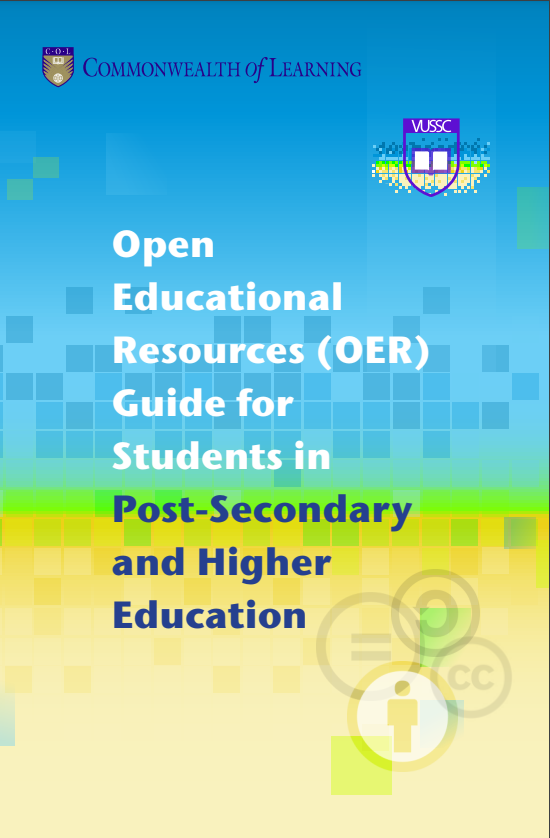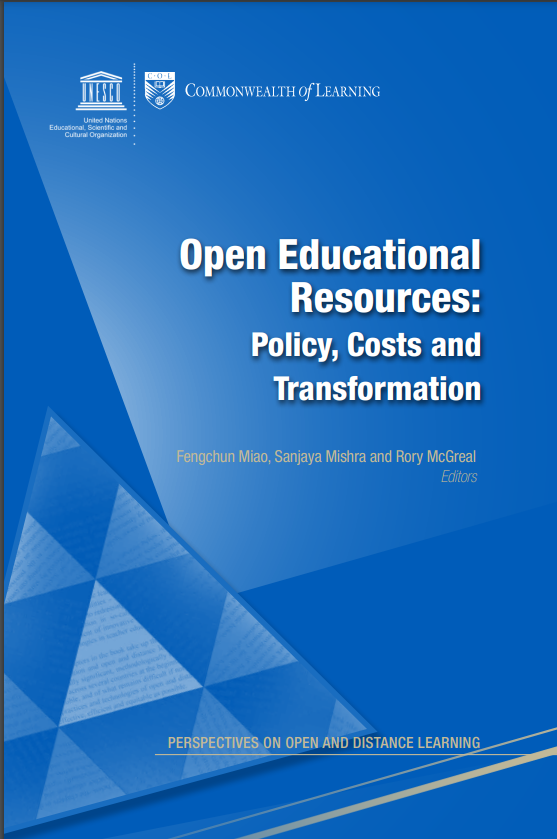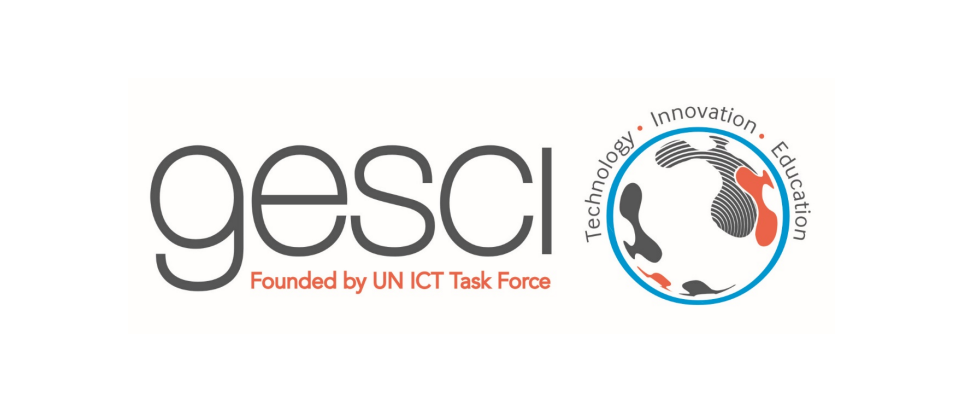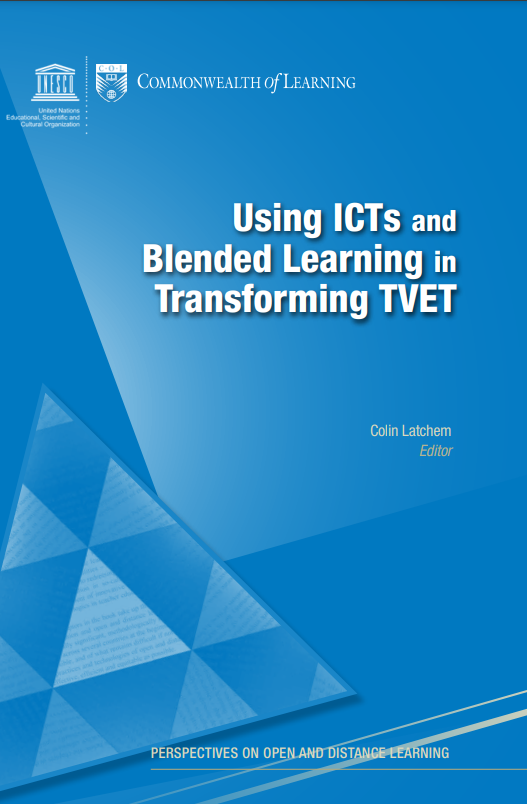
Open Educational Resources (OER) Guide for Students in Post-Secondary and Higher Education
This guide provides an introduction to Open Educational Resources (OER) for students in post-secondary and higher education. It is aimed at helping you, as students, to explore the value of good quality OER, and provides an introduction on how to find and use OER. It intends to serve primarily as a source of reference for students in the Small States of the Commonwealth, but we hope it will be useful to students from any country.






